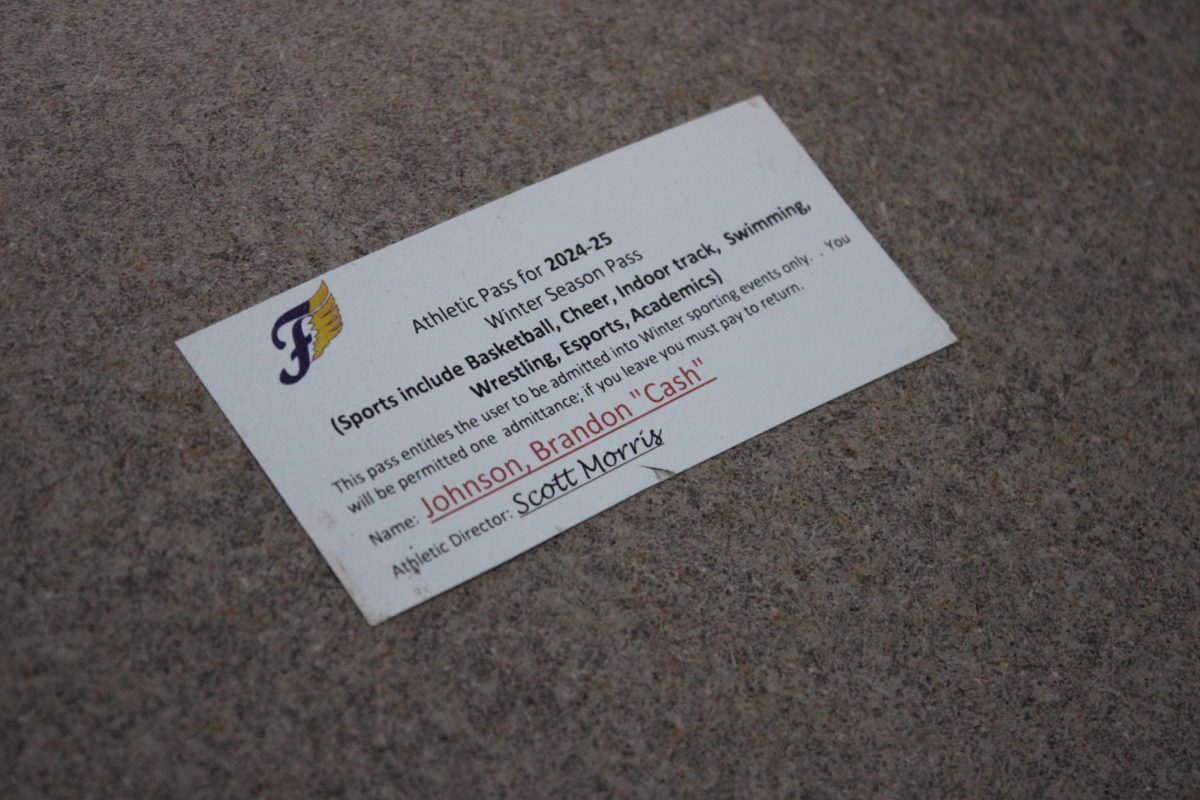Learning an instrument isn’t exactly a walk in the park, and learning the guitar, in particular, can be pretty challenging sometimes. But that doesn’t mean it has to be. From knowing how to hold the guitar to how to play crazy, tapping riffs like Eddie Van Halen, here are some tips and tricks that even the pros use.
So, let’s start with one of the most important things to know how to do on any stringed instrument: How do you tune a guitar? The simplest way (and the one that I recommend) is to use an app like Fender Play. There are even clip-on tuners you can buy relatively cheaply.
Next, there are two main ways to hold a guitar: classical, which features holding the guitar neck high in the air and resting the bottom of the guitar in between your legs; and acoustic, which involves resting the side of the guitar against your right leg and having the neck in a low, comfortable position. For better reference, I suggest finding pictures of players sitting and playing.
More on the basics: You may find that when you go to fret (press down on a string) a note, the sound doesn’t ring clearly. There are several possible explanations. Your fretting hand isn’t pressing the strings hard enough, your picking isn’t clear enough; the strings are dead; the nut or bridge height is off; or the frets are worn.
After ensuring it’s not your picking, fretting, or strings that are the problem, I would advise taking your guitar to a local luthier or guitar shop. Guitars, being made of wood, are also very temperature-sensitive. Ensure your room has around 45–55% relative humidity and the temperature is between 66–77 °F.
Pop music has a bad reputation with instruments because it seems to lack technique and emotion these days. However, there is a solid amount of work that goes into the pop guitar style. For example, it is important to understand chords and chord progressions, like the I-V-vi-IV (1564) progression. It takes a surprising amount of dexterity to switch between chords quickly. There are also various strumming patterns to use to spice up your playing.
Unfortunately, if you like the idea of playing lead guitar, you won’t find your place in pop music. However, you can always work on making a good melody. In fact, a melody is what makes or breaks a pop song.
As I noted, lead players do not have much of a role in pop music, but they do in rock and metal music. There are several ways to play lead guitar, like tapping, which involves using your picking hand to press notes on the fingerboard to create a unique sound. Another popular technique is sweep picking, where you play several notes in a fluid, sweeping motion.
Though these techniques are advanced, there are still some relatively simple ones that you can start with, like sliding, where your finger slides fret to fret to smoothly transition between notes. If you’d like to stick to a rhythm for now, you can try power chords, which are essentially two, sometimes three, notes that create a simple but powerful (hence the name) sound.
Jazz is arguably the most esoteric genre because of its relationship with guitar. This results in jazz guitar being arduous to learn. However, there is a surprising amount of simplicity in the genre. I’ve found that many extended chords (chords that use more than three notes) are comfortable to play and make your playing sound complex. Another unique part of jazz is the concept of “no wrong notes.” Slipped up when sliding from the 6th fret to the 9th? Own it! Jazz, and music in general, is all about performing; If you put confidence in your playing, the audience will feel it. I would argue that this is hugely important to learn, as many beginners beat themselves up over every tiny mistake.
One of the final lessons a musician learns when studying music theory is to let it all go. Of course, you should know how music functions, but you shouldn’t follow music theory in every applicable musical instance. Your song structure doesn’t always need four chords and contemporary techniques. You want to play guitar with a spoon? Nobody is stopping you. Music is a form of expression, so treat it like such. Bands like Polyphia do this so well that nobody knows what genre they fit in. Music theory is simply theory at the end of the day, so put your music into practice.
Ultimately, whatever genre you learn to play has its arsenal of unique techniques. Oftentimes, they carry over into other genres as well, so go ahead and learn whatever you want. Practice what you want to play, and over time, you will be able to play it and even make distinctive music inspired by it. So go out there, grab a guitar, and start making music.







